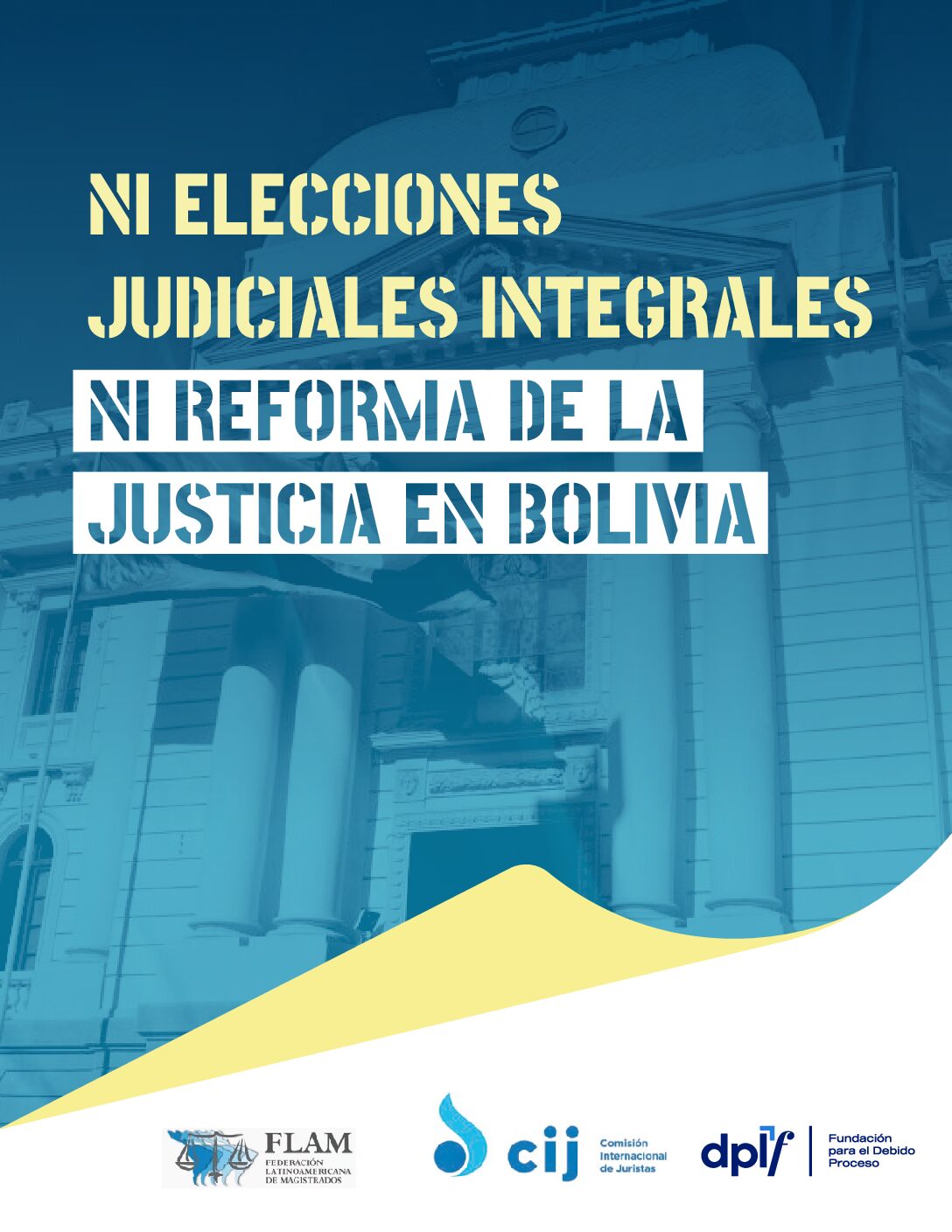

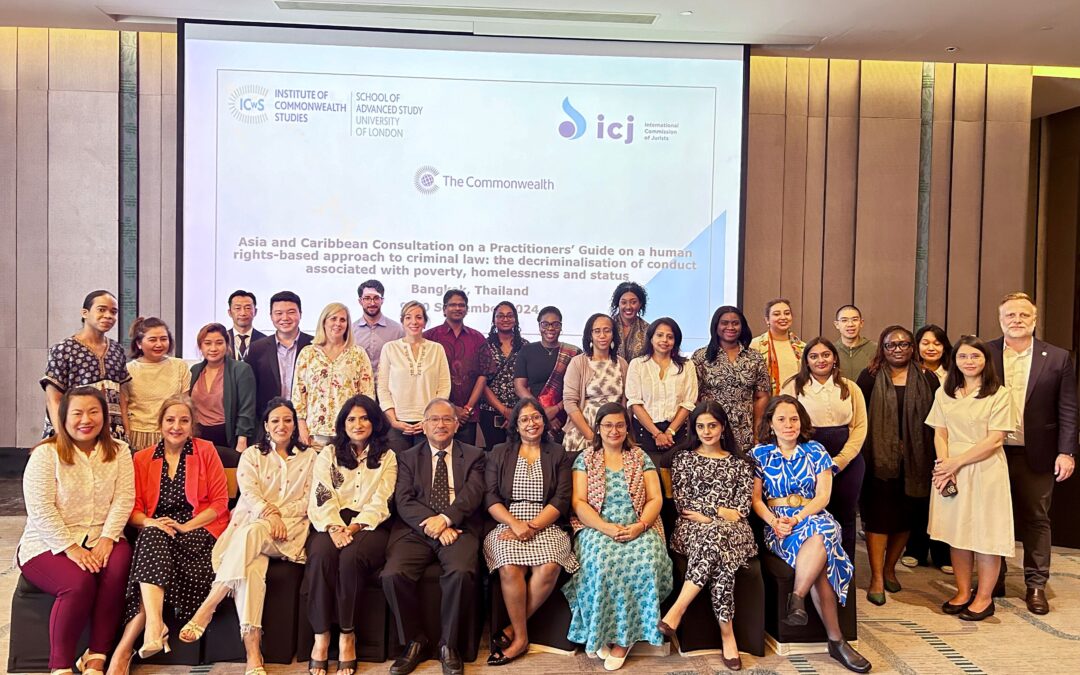
Asia and Caribbean regional consultation: A human rights-based approach to criminal law
On 9 and 10 September 2024, the International Commission of Jurists (ICJ) and its partners, the Institute of Commonwealth Studies (ICwS), and the Commonwealth Secretariat (ComSec) co-hosted an Asia and Caribbean regional consultation on a human rights-based approach...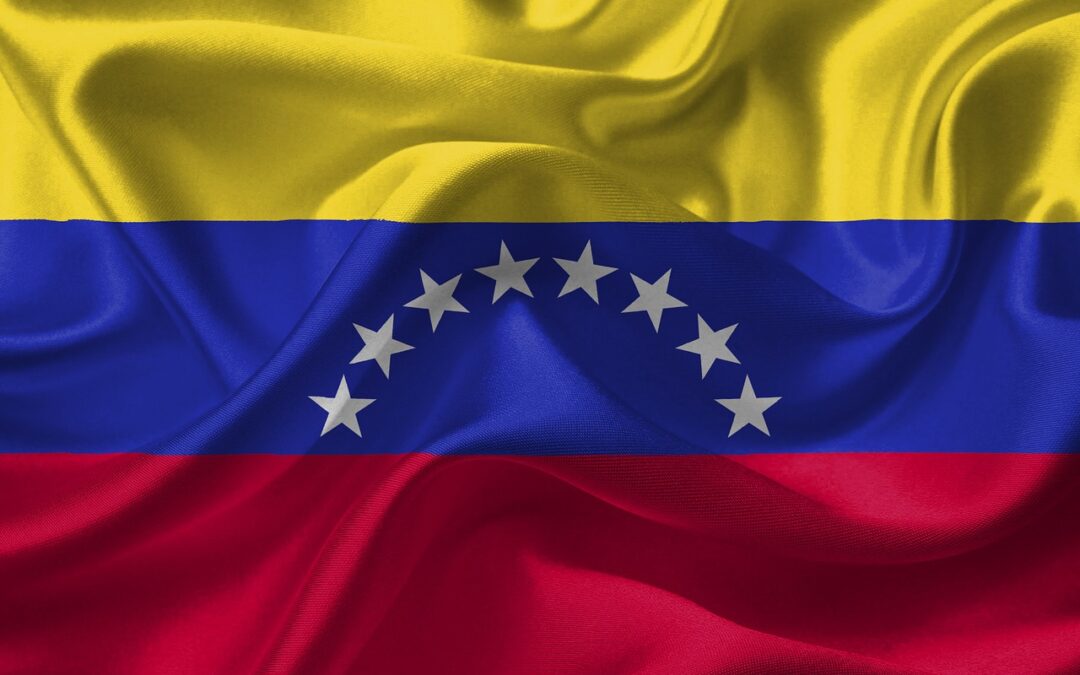
Venezuela Presidential Election: International Organizations Call on Authorities to Guarantee Transparency
Nine signatory international organizations condemn the lack of transparency in the announced results of Venezuela’s July 28 presidential elections. This lack of clarity raises serious questions about the fairness and integrity of the election, leading to widespread...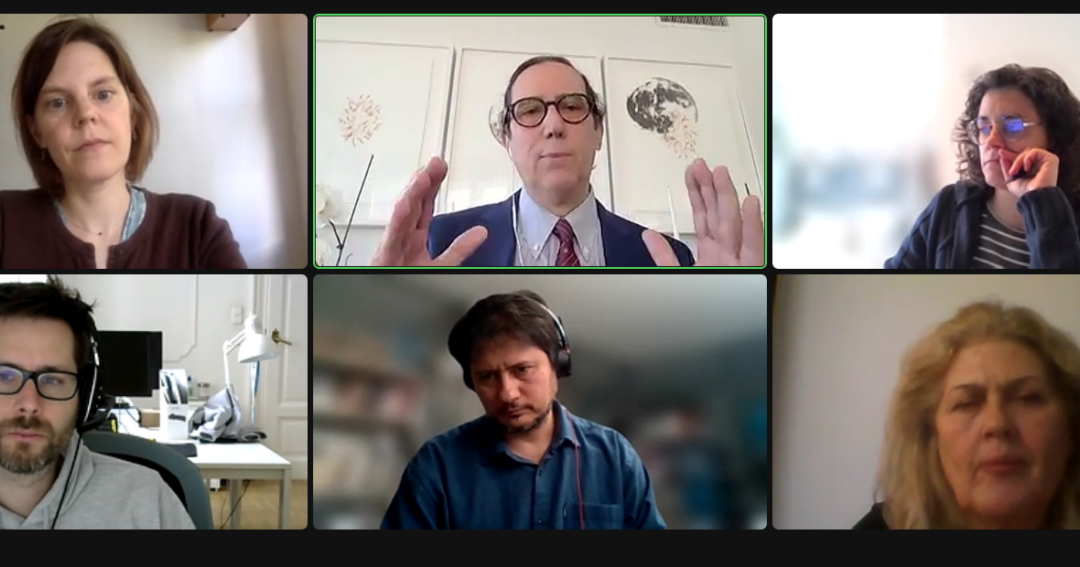
EU: Comparative discussion on the right of judges to be independent
On 2 May 2024, the International Commission of Jurists (ICJ) held a meeting for EU lawyers to discuss the right of judges to independence, as established by the jurisprudence of the Inter-American system.
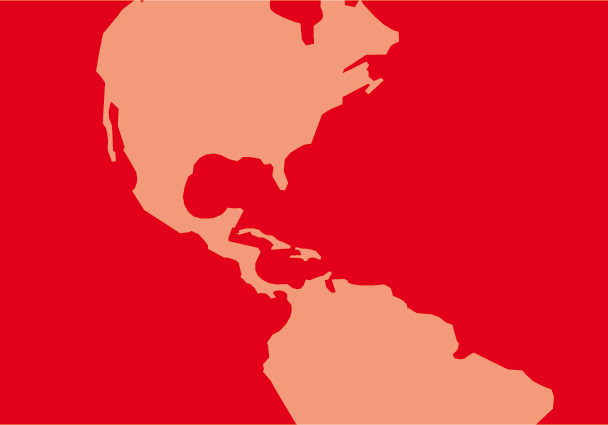
Guatemala: Peaceful transfer of presidential power must proceed on 14 January in accordance with the Rule of Law
The ICJ is concerned about attempts by powerful actors in Guatemala, including the Office of the Attorney General, to subvert the transfer of executive presidential authority to President-elect Bernardo Arévalo de León, who is due take office on 14 January 2024.
The ICJ calls on all State authorities and private parties to respect the Rule of Law and desist from interference in the process of transition and to cease efforts to revoke or make ineffective the results of the 2023 presidential elections.
“The democratic system in Guatemala is at stake. It is shocking that the attempts against the electoral process come from representatives of State institutions that have a legal duty to uphold democracy and human rights,” said Santiago Canton, ICJ Secretary General. “Members of the Office of the Attorney General, Congress, and the judiciary have acted in total disregard of Guatemala’s international obligations. In particular, Article 1 of the Inter-American Democratic Charter establishes the right of the peoples of the Americas to democracy and the duty of governments to promote and defend democracy,” added Canton.
On 20 August 2023, Bernardo Arévalo de León and Karin Herrera Aguilar of the “Movimiento Semilla” party were elected President and Vice-President respectively for the 2024-2028 presidential term. Their victory was certified by the Guatemalan Supreme Electoral Tribunal. Prior to and after the election, there were multiple attempts by the Office of the Attorney General and other authorities to disrupt the presidential election process. The European Parliament and the Organization of American States (OAS) have condemned and characterized certain of these efforts as an “attempted coup d’état”.
The Office of the Attorney General, led by María Consuelo Porras Argueta, has played a leading role in these attempts through the arbitrary use of its prosecutorial powers. Among other actions, the Office of the Attorney General has opened unwarranted and spurious criminal investigations and issued of arrest warrants and search warrants against justices and staff members of the Supreme Electoral Tribunal, President-elect Arévalo, Vice-President-elect Herrera, members of the “Movimiento Semilla” party, members of civil society organizations, academicians, and students.
The Office of the Attorney General has also expressly cast doubt on the legitimacy of the 2023 presidential election process. At a press conference on 8 December 2023 a chief prosecutor, José Rafael Curruchiche Cucul, claimed that the Supreme Electoral Tribunal “made a mockery of Guatemalans” and was involved in “violating the country’s democracy”. He also affirmed that the Attorney General’s Office’s view was that the 2023 elections should be annulled.
A number of judges have contributed to the arbitrary use of the criminal law to the detriment of the rule of law in Guatemala. On 8 January 2024, the Seventh Criminal Court Judge, Fredy Raul Orellana Letona, filed a petition before the Supreme Electoral Tribunal to execute an order for the provisional suspension of the legal personality of the “Movimiento Semilla” party. Orellana has also demanded a criminal investigation against staff members of the Supreme Electoral Tribunal.
In November and December 2023, the Guatemalan Congress and the Supreme Court of Justice engaged in legal proceedings aimed at waiving immunity from criminal prosecution of some justices of the Supreme Electoral Tribunal.
The lawful transfer of power is intrinsically linked to the respect for the rule of law and the exercise of human rights and fundamental freedoms, including the right to participate in political and public life, including through voting and standing for elections. These rights are guaranteed by international instruments to which Guatemala is a State party, such as the International Covenant on Civil and Political Rights, the American Convention on Human Rights, and the Inter-American Democratic Charter. Consequently, the ICJ recalls that the Guatemalan authorities are bound by international obligations under these instruments.
The ICJ also calls on engaged States and the international community to act to ensure that the Guatemalan authorities uphold of the rule of law, human rights, and the democratic system. If necessary, Member States of the OAS should trigger the application of Article 20 of the Inter-American Democratic Charter in the event that President-elect Arévalo is obstructed from assuming office.
Background information
The 2023 presidential election took place in a context of widespread impunity for serious human rights violations over the course of decades, reliable allegations of co-option of judicial bodies, widespread institutional corruption, and attacks against members of civil society organizations and political parties, as documented by multiple instances, including the Inter-American Commission on Human Rights (IACHR). In the case of justice officials (judges and prosecutors), the UN High Commissioner for Human Rights has expressed his concern about “the growing number of criminal cases brought against justice officials” and the “intimidation, harassment, prosecution and persecution of those fighting for accountability for human rights violations, including work on corruption cases”.
There have been numerous actions apparently aimed at undermining the integrity of the presidential election process by the Attorney General and prosecutorial authorities. In addition to the incidents mentioned above, on 16 November 2023, the Office of the Attorney General issued 31 search warrants and 27 arrest warrants against activists, students, academics, a member of the Semilla Movement, and human rights defenders. Among those targeted was the human rights lawyer Ramón Cadena, who had previously denounced irregularities committed by the Office of the Attorney General. The charges were related to their participation in the 2022 protests against the election of the rector of the San Carlos University. On the same day, the Attorney General’s Office also alleged that President-elect Arévalo and Vice-president elect Herrera were involved in the “violent” protests seeking political advantage. For the purported participation in the protests, the Attorney General’s Office announced that it would request that President-elect Arévalo, Vice-President elect Herrera, and other members of their party be stripped of their immunity from prosecution.
On 14 December 2023, the Constitutional Court handed down an amparo action in which it exhorted Congress to preserve the democratic regime and to take all measures to ensure the peaceful transfer of power on 14 January 2024. In addition, the Court enjoined all Guatemalan authorities to “act in accordance with their functions for the effectiveness and proper completion of the final stage of the electoral process”. On 11 January 2024, the Constitutional Court also granted a “protection order” in favour of the Vice-President-elect Herrera. The Court ordered all judicial authorities not to issue or grant any arrest warrant against Herrera without waiving immunity from prosecution.
The 2023 electoral situation has been the subject of grave concern of international instances, including the European Union and the Organization of American States. In this connection, the IACHR granted precautionary measures in favour of Arévalo and Herrera on 24 August 2023. The precautionary measures considered Arévalo’s allegations of death threats, harassment, a smear campaign, and illegal surveillance.
On 11 December 2023, the IACHR adopted “Resolution 03/2023, Instrumentalization of the Justice System and Serious Risks for the Rule of Law in Guatemala”. The IACHR stated that Guatemala was experiencing a “serious political and institutional crisis” due to “the unwarranted and arbitrary actions and interference of the Attorney General’s Office, which are endangering the results of this year’s General Election”.




